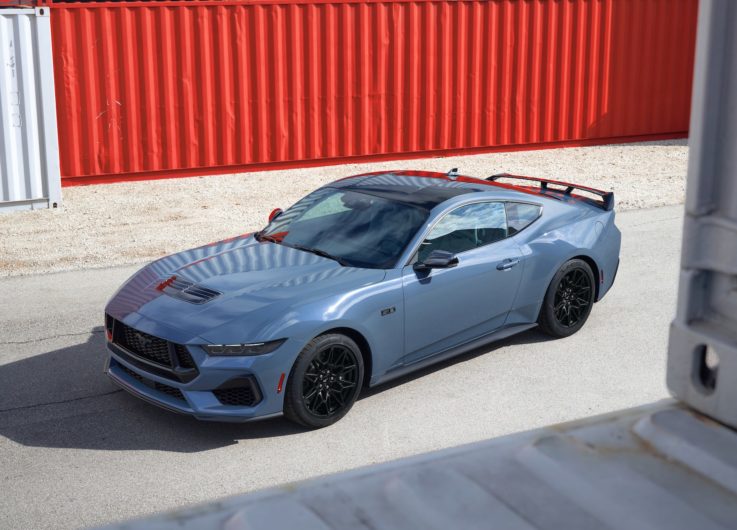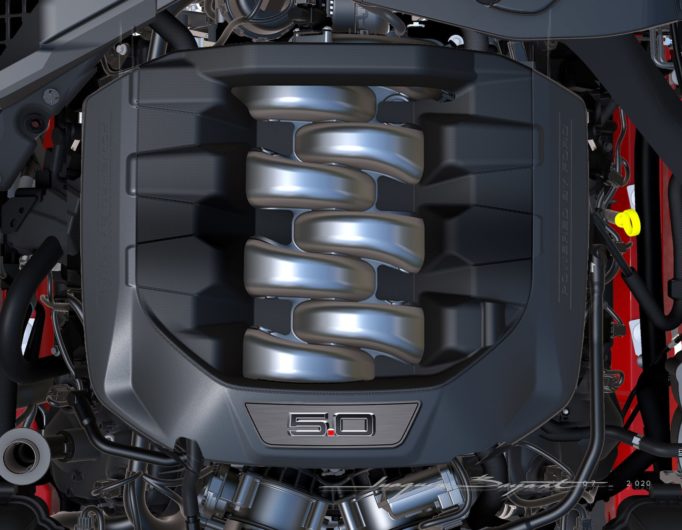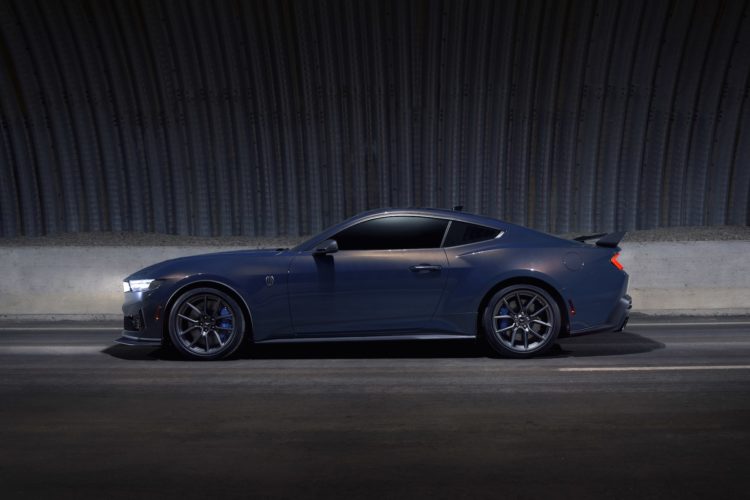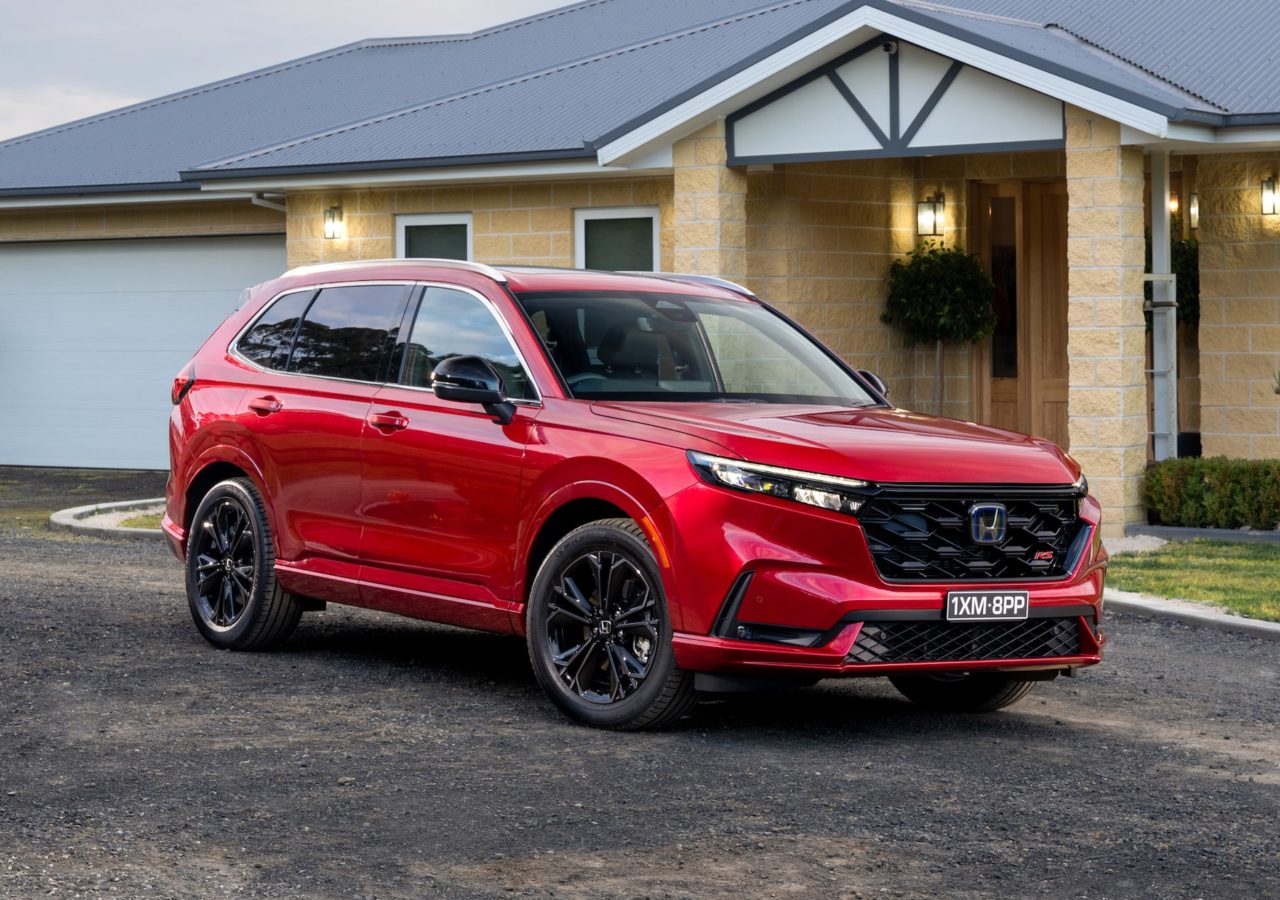Ford has no plans on abandoning the V8 powertrain that has become synonymous with the Mustang name, with execs at the Blue Oval confirming it will be holding onto an eight-cylinder combustion unit for the foreseeable future.

The news comes from Drive’s Joshua Dowling, who spoke with Ford Mustang’s global brand manager, Jim Owens and culminated with the confirmation that Ford will be sticking with the Mustang’s V8 beating heart “for as long as we can.”
Owens’ remarks come as a number of flagship performance vehicles from the world’s biggest manufacturers move to downsize and hybridise their powertrains to meet increasingly stringent emissions laws.
He did concede, though, that lawmakers will have the final say in the Mustang’s beating heart, though for now, Ford has curated its lineup with a mix of hybrid and particularly battery-electric vehicles that help to balance the books and squeeze the ‘Stang under the emissions radar.
“I can’t comment on what the government’s going to do, but at least here in the US, we are meeting emissions requirements through our mix of vehicles,” Owens said.
“We don’t buy credits,” he added, instead the company aims to “manage the mix” of its vehicles to meet overall targets.
“Part of the reason why we’re allowed to do two new petrol engines is the success of the Ford F-150 Lightning and the success of the Mustang Mach-E… those are zero-emission vehicles.”

Owens concluded that “we’re going to continue to comply and right now we do it through fleet balance… we produce a certain number (of BEVs) to be compliant.”
Just how this will play out in the future, particularly in light of the UK’s phase-out dates for internal combustion engines by 2035, even with a healthy mix of BEVs in the Ford lineup.
Perhaps Ford will be joining the likes of Porsche and Lamborghini to advocate a longer lifespan of the internal combustion engine with the help of e-fuels, something that Porsche has taken the lead on with a significant investment into e-fuel producer, HIF Global.
 A recent ruling by Germany’s transport ministry effectively allowed manufacturers to side skirt the firm 2035 exit date if they produce vehicles that run on e-fuels like e-methanol, e-kerosene and e-methane.
A recent ruling by Germany’s transport ministry effectively allowed manufacturers to side skirt the firm 2035 exit date if they produce vehicles that run on e-fuels like e-methanol, e-kerosene and e-methane.
After that ruling was handed down, Ferrari’s chief, Benedetto Vigna said that “the good news for us as a company is that on top of electric cars, we will also be able to go on with our internal combustion engines.”
Vigna added that “this decision is very interesting for us because it allows ICEs to go beyond 2036.”
